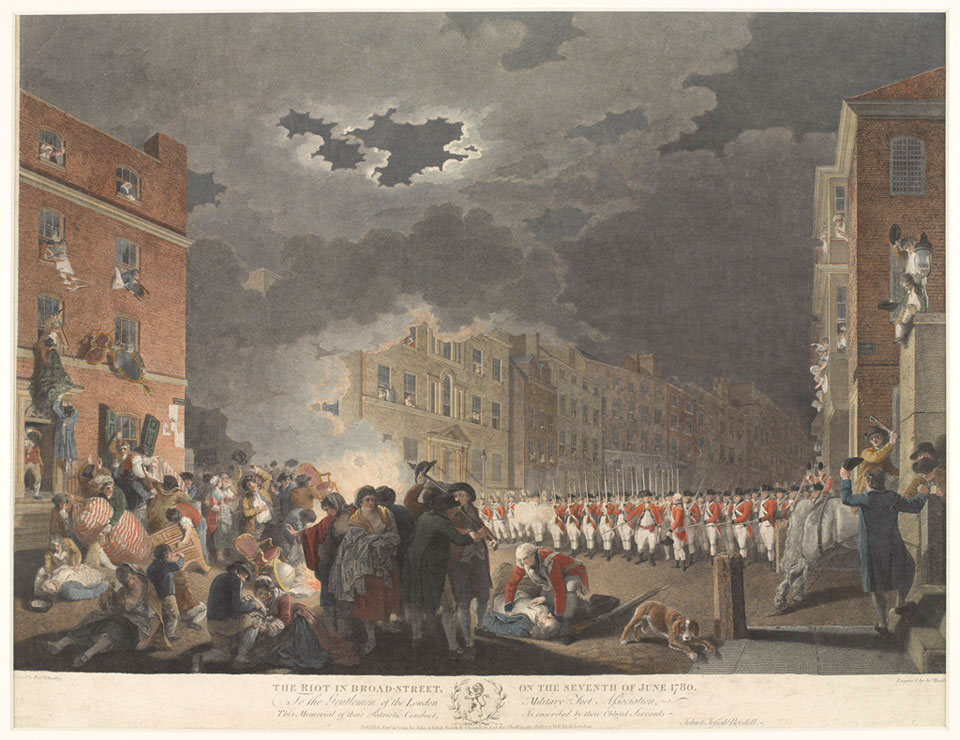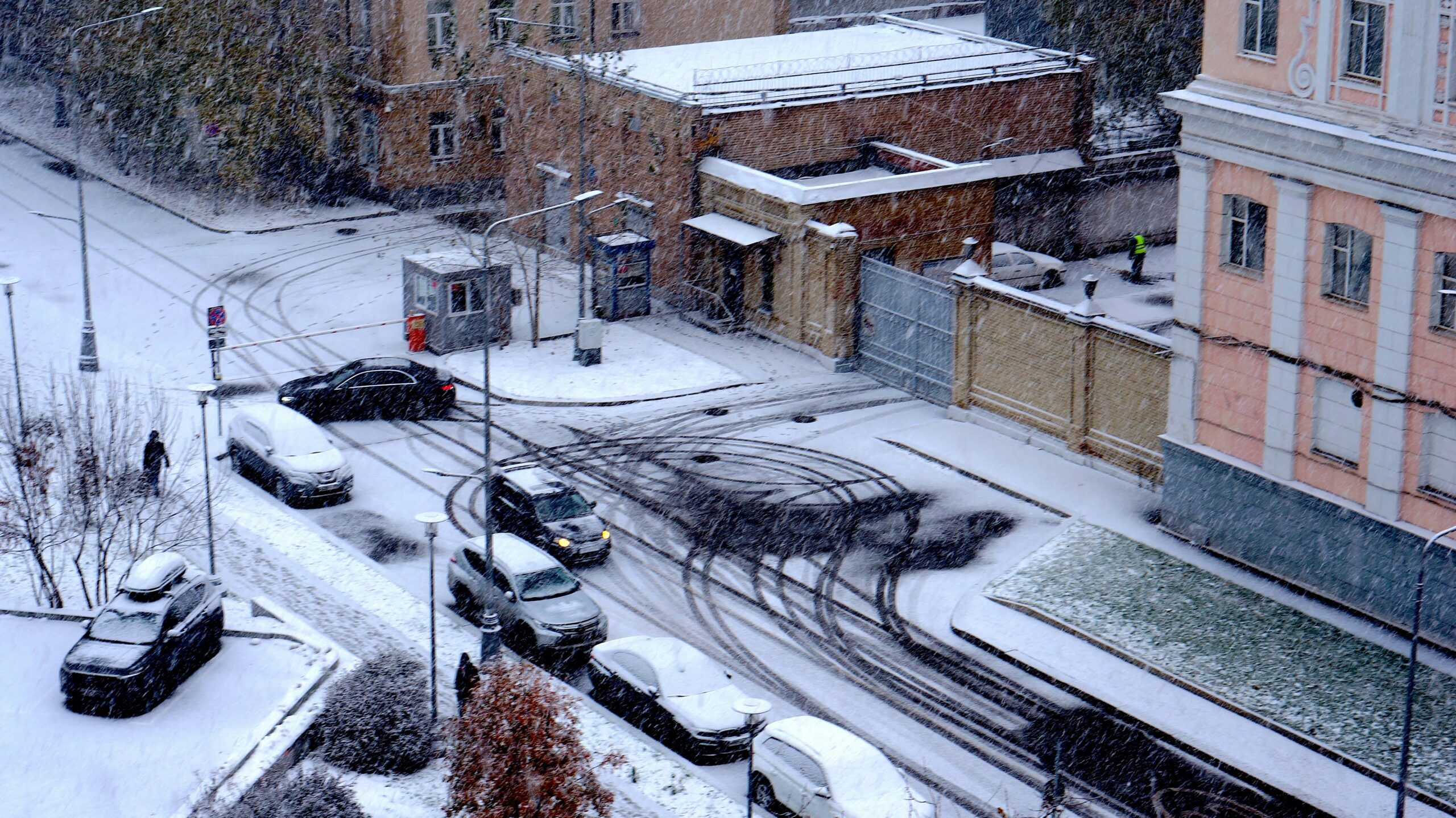Chemicals’ Fear Factor
By Susan Gelman
September 12, 2014

There’s a billboard I see every morning for Barnes-Jewish Hospital that states in bold letters: “Science saving lives.” And it’s true. Science saves lives on a regular basis, and we look to science in times of need for our health and when we need convenience to improve our quality of life. But on numerous other occasions, we shut it out based on fear and misconceptions. Genetically modified foods are shunned, and we want to pretend that our laundry detergent and shampoo are 100 percent natural, containing absolutely no chemicals. But I get it, I really do. I think it is admirable that we desire a more health-conscious lifestyle, shouldn’t we as a society be at least a little skeptical about what we are putting in and on our bodies? A wise man once said, “Your body is a temple. Littering is strictly prohibited.” (Ok, fine, I read this on a Jamba Juice cup.) And I try my best to adhere to that.
Because even as I sit here typing, there are crazy, complicated things going on inside my body right now. Oxygen is being carried throughout my bloodstream, my lunch is being transformed from a sandwich to amino acids, my kidneys are filtering the liquids I’ve consumed throughout the day, my cells are regenerating, etc. I mean, the list quite literally can go on and on. So understandably eating or using substances that could interfere with any of these magnificent processes is not a risk to take lightly; this isn’t a video game, I don’t get any extra lives if I trash this one. However there’s a fine line between being cautious and being anti-science, and as our collective health-kick continues, we are in danger of crossing it.
A particular example of this is the yogurt manufacturer Chobani, which recently began producing yogurt lids containing the phrase “Nature got us to 100 calories, not scientists. #howmatters.” And while we would like to idealize yogurt as something healthy and all-natural, food science is required to make any food product, regardless of how ‘natural’ it may be. When blogger Greg Laden pointed out this gross error, Chobani responded by saying, “This lid is simply an ode to no preservatives or additives,” further emphasizing how we tend to associate science and chemicals with all that is harmful to us, ignoring the fact that the entire process of making yogurt in even the simplest sense is science.
These advertising ideas are not by any means recent developments. Blogger ChemBark has an archive of “chemophobia” articles and laments that go back to 2011, but public mistrust of chemicals dates back decades further, and has become ingrained into our minds and buying habits. A humorous but thought-provoking Nature Chemistry piece was recently written on this, entitled “A Comprehensive Overview of Chemical-Free Consumer Products.” The abstract promised a list of “all those consumer products, to our knowledge, that are appropriately labeled as ‘Chemical-free,’” followed by a blank page. Because by definition, practically everything in the world is a chemical of some sort. Remember that dihydrogen-monoxide scare in the ’90s? Yep, even water is a chemical, and we would do well to remember that the nowhere in the definition of ‘chemical’ are the words ‘toxic’ or ‘harmful.’ These are adjectives that are assigned to classify chemicals, but unfortunately are frequently associated with the noun itself. But much like the legal phrase ‘Innocent until proven guilty,’ chemicals are not inherently dangerous. So instead of blindly trusting marketing ploys that tell us science/chemicals are bad and nature is good, let’s challenge ourselves to do our own research and be educated about what we choose to buy/consume, remembering to read product labels with a milligram of sodium chloride.





